Top billed cast
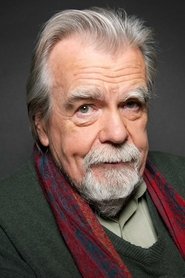 Michael Lonsdale
Michael LonsdaleCheick Tidiane Seck
Similar to African Glory
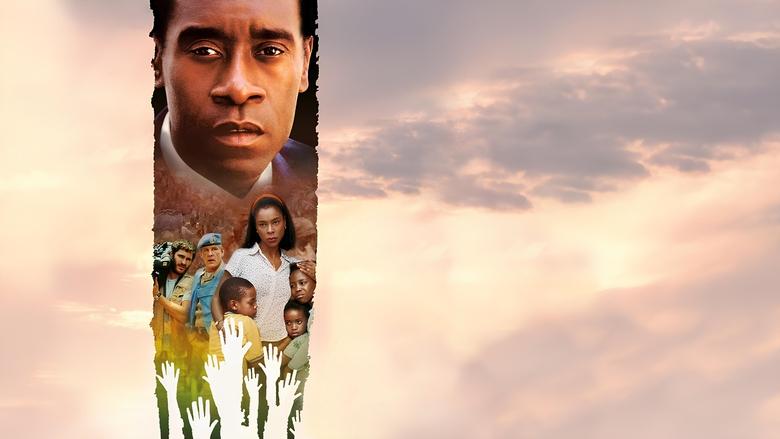
Hotel Rwanda (2004)
Inspired by true events, this film takes place in Rwanda in the 1990s when more than a million Tutsis were killed in a genocide that went mostly unnoticed by the rest of the world. Hotel owner Paul Rusesabagina houses over a thousand refuges in his hotel in attempt to save their lives.
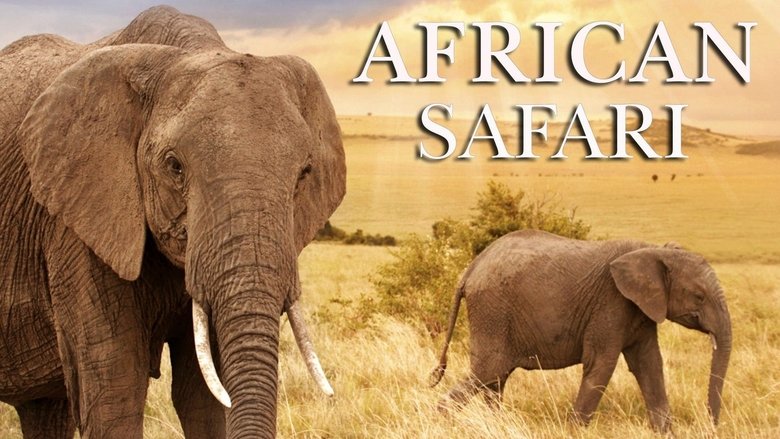
Rivers of Fire and Ice (1968)
A Wildlife Safari through Africa.
Ritos Populares: Umbanda no Brasil (1977)
A documentary based on the book Umbanda no Brasil by the scholar Mata e Silva, who is interviewed by the director. The book studies the Brazilian religion known as spiritism, a syncretism of African beliefs and magical rites, Indian beliefs and images, and Catholic symbols.
Cry Freetown (2000)
An account of the victims of the Sierra Leone Civil War and depicts the most brutal period with the Revolutionary United Front (RUF) rebels capturing the capital city on January 1999.
Os Comprometidos - Actas de um processo de descolonização (1984)
The film deals with the judgment of the so-called "compromised", who integrated the colonial apparatus. At Josina Machel school, in an amphitheater with a full audience and balcony, there is a stage where Samora Machel and the members of the Frelimo political committee are located. He records Samora, an impeccable political actor, sometimes histrionic, in the role that he is attributed as the animator of the scene in the trial.
The Last of the Babingas (1990)
In the equatorial forest of Congo Brazzaville and the Central African Republic pygmies live. Over-exploitation and waste of resources have had a significant impact on the lives of Pygmies. The story is based on Mangala an old and wise voice of these disappearing people.
52 Blocks: Show and Prove (2007)
As beautiful and sleek as it is deadly, 52 Blocks merits special conservation efforts as the United States' only existing native martial culture, as it is indeed, the jazz of the martial arts world. Across the African diaspora, there are manifestations of African-derived warrior-dances, capoeira in brazil, mani in Cuba, ladja in Martinique, pinge in Haiti- yet the US offshoot has remained esoteric, because it was suppressed throughout slavery, Reconstruction and Jim Crow and then obscured in the criminal justice system. The history, interviews and training of the martial arts style that created Breakdance and boxing greats like Mike Tyson.
The Adventure (2013)
In 2011, as tens of thousands of migrants, Loss, and Madess Moussa arrived in Europe via Turkey. Required by EU law to remain in Greece, they only want one thing : to leave. Therefore earn the money needed to start is an obsession and all means are good. The film "The Adventure" follows the lives of these three Ivorians to Athens - their sense of enclosure, strategies to find money, failover illegally, attempts to start - and explores what is at stake, individually and collectively during migration: relations to other migrant communities, friendship, betrayal, solidarity, mafias and violence.
The Surgery Ship (2015)
A team of volunteer doctors and nurses are on board a unique ship. Crammed with medical supplies and volunteer medics, this floating hospital sails to the poorest nations on earth. This year they sail for Guinea on the West African Coast. On arrival they will face the most severe of medical issues, not seen in other parts of the world. But the medical challenges are only half of the story. They will confront ethical decisions as they decide who will be helped and who will not. This is a searing, complex journey for the volunteer medics, as they deal with life and death cases - and balance the fates of these patients in their hands.
One Year in Germany (2018)
Four young people from Tanzania and Cameroon complete a year of weltwärts voluntary service in Germany. For each of them, it is their first visit in Europe. The film follows the volunteers throughout their year of service, it expresses different expectations, enthusiasm, goals and challenges. The volunteers describe subjectively their personal experiences as well as their view of Germany. The documentary is a thoughtful and exciting vision of the exchange program seen by four young people.
Adrift: People of a Lesser God (2010)
ADRIFT- People of a Lesser God is the story of an incredible odyssey made by several-times Pulitzer Prize-nominated undercover reporter Dominique C. Mollard. In this gripping story, Mollard sails with 38 African migrants, among them a five-month-old baby, out of West Africa on a quest to reach the golden shores of Europe. All aboard are packed together like sardines in a leaky fishing canoe as they set off under full moon on their harrowing journey. ADRIFT-People of a Lesser God captures the struggle of these desperate migrants as they brave their way across the cold Atlantic, risking their lives in search for a better future. —Ziad H. Hamzeh
Albert Schweitzer (1957)
This biographical docudrama traces the life of Dr. Albert Schweitzer, from his birth in Alsace, up to the age of 30 when he made the decision to go to French Equatorial Africa and build his jungle hospital. The latter half of the film encompasses a full day in the hospital-village, following the octogenarian Samaritan in his daily rounds.
Out of Darkness (2016)
Out of Darkness is a full length three-part documentary by director Amadeuz Christ (Δ+), examining the untold history of African people, the African cultural contribution to the nations of the world, and the events that have contributed to the condition of African people today. Out of Darkness will explore the Nubian/Kushitic origins of Nile Valley Civilization, contact between Africa and the Americas since the times of antiquity, as well as the influence of the Moors in Europe leading to Europe’s intellectual Renaissance. In addition, the film will analyze the history of modern day racism, the concept of “white supremacy,” the impact of Hip Hop as a social movement, and the idea of nationhood. Out of Darkness is narrated by Prof. Kaba Kamene and co-stars Dr. Umar Johnson, Dr. Claud Anderson, Tim Wise, Prof. James Small, Dr. Joy DeGruy, Anthony Browder, Sabir Bey, Atlantis Browder, and Taj Tarik Bey.
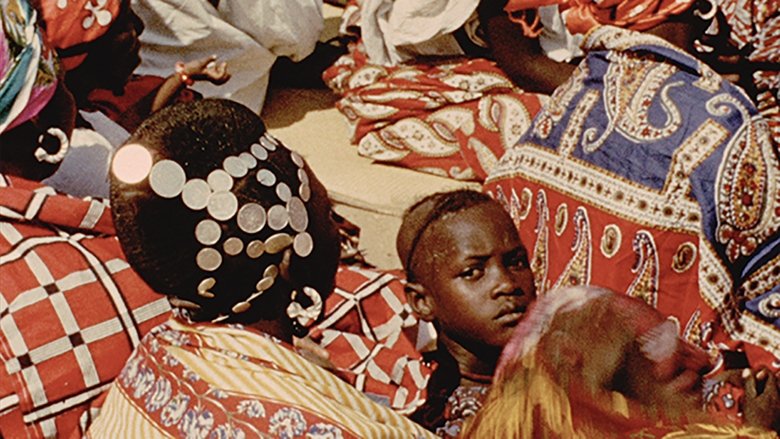
Jaguar (1967)
Jaguar, a kind of road movie on foot, tells of the journey of three friends, Damouré, Lam and Illo, on their way to the Gold Coast where they hope to make a fortune in order to return to their village in a few months.
Medea (1973)
Ben Caldwell’s Medea, a collage piece made on an animation stand and edited entirely in the camera, combines live action and rapidly edited still images of Africans and African Americans which function like flashes of history that the unborn child will inherit. Caldwell invokes Amiri Baraka’s poem “Part of the Doctrine” in this experimental meditation on art history, Black imagery, identity and heritage.
Nzale (1985)
The folkloric group "Nzale," founded in 1979 in Bangui, practices a traditional dance called "M'baka M'Bokou," which means "strength" and is a symbol of victory. It is a battle dance: each dancer wears the skin of the animal he wishes to incarnate. One dancer stands in the middle of a circle and fights the other dancers who come to confront him one after another.
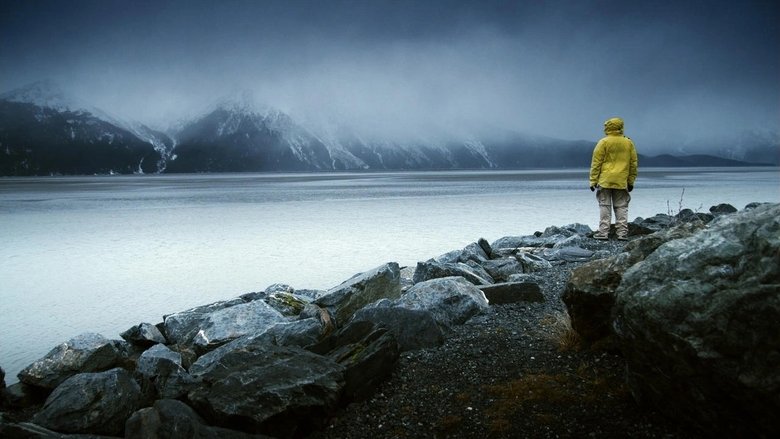
The Nine Muses (2010)
Part documentary, part personal essay, this experimental film combines archive imagery with the striking wintry landscapes of Alaska to tell the story of immigrant experience coming into the UK from 1960 onwards.
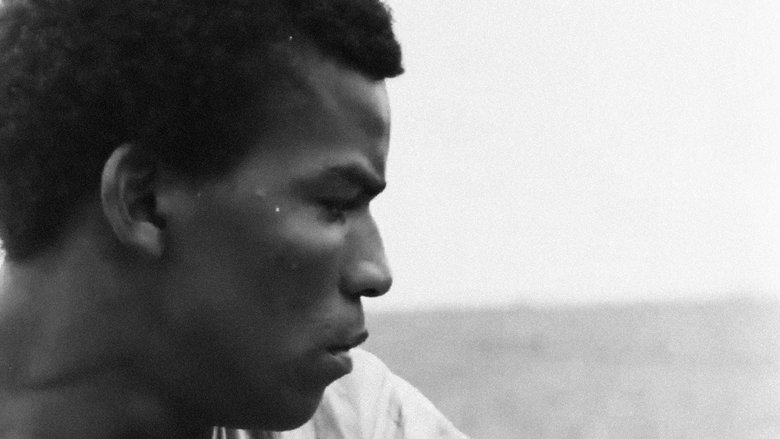
Ganga Zumba (1963)
The life of a runaway slave who founded the Quilombo dos Palmares, an outlaw community of Brazilian slaves.
Maafa: Truth 2007 (2007)
With the British government promoting an inaccurate revisionist version of the 1807 Abolition of the 'Slave Trade' Act many are determined to ensure that Truth prevails in 2007. With contributions from community activists, project workers, teachers, historians and the business community, this documentary confronts the myths about British slavery, presents the true history of the Maafa and African resistance and examines the politics of the government's bicentenary celebrations. On Screen Contributors: Dr Abiola Ogunshola, emma pierre, Bro Hakim, Dr Hakim Adi, Henry Bonsu, Ms Serwah, Bro Omowale, Kwaku Bonsu, Kubara Zamani, Dr Kimani Nehusi, Bro Ldr Mbandaka, Michael Eboda, Onyeka, shaka Marday, Stephen Henry, Teleica Kirkland and Dr William Lez Henry. Directed by Toyin Agbetu Produced by emma pierre
Maafa Legacy (2008)
Maafa Legacy exposes the euro-academic view that British slavery was just ‘trade’ as a lie and reveals why the crimes both past and present that continue to be committed against Mama Africa and her children stand as the most heinous ever in World history. This documentary also provides a retrospective view of Wilberfest 2007 and explores the enduring legacy of the Maafa on African people residing in the Diaspora. On Screen Contributors: Dr Abiola Ogunshola, Sis Ayen Meke, Christopher Cole, emma pierre, Bro Hakim, Hakim Adi, Sis Jendayi Serwah, Kimani Nehusi, Kubara Zamani, Kwaku Bonsu, Kwaku-Jesse Konadu Olaleye, Dr Lez Henry, Manga Clem Marshall, Bro Mbandaka, Michael Eboda, Morenike Fasuyi, Netsanet Solomon, Oleander William, Onyeka, Bro Omowale, Sis Panyin Aikins, Royson James, Sis Dr. Sandra Richards, Teleica Kirkland, Tony Warner, Toyin Agbetu, Tracey Jarrett Directed and produced by Toyin Agbetu